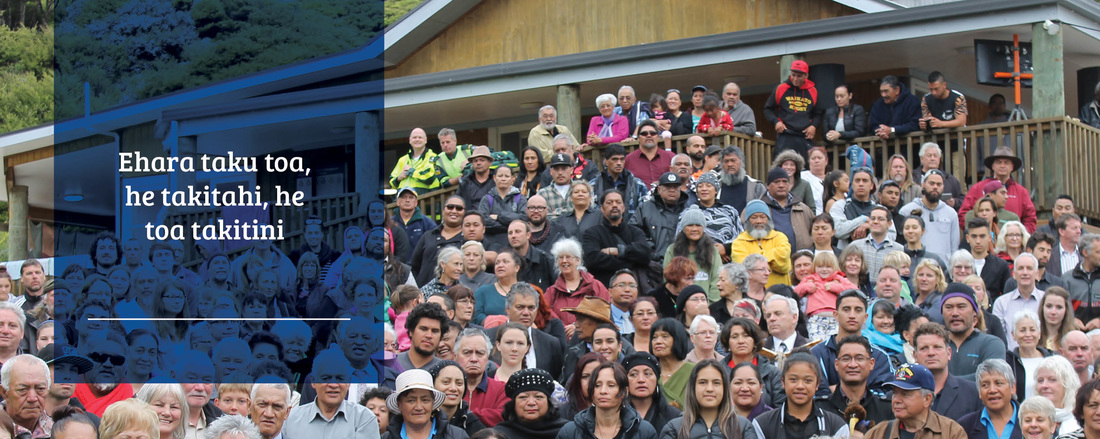In September 2015 Ngātiwai Education – Te Au Here Tūkaiaia began a series of wānanga around the Ngātiwai rohe called – “He ara Toiora” which is a suicide prevention research programme designed specifically for the youth of Ngātiwai. The project was set up in response to a number of Maori youth suicides in Te Tai Tokerau in 2012, and the increase in Maori youth suicides over all.
The Ngātiwai Education team wanted to explore, develop and test hapū-driven arts-based strategies that respond effectively to the specific needs of our youth at risk for the purpose of suicide prevention. More importantly though, the team wanted to connect Ngātiwai taitamariki together with whānau and hapū members at the marae, in the hope these connections might in some way contribute to the reduction in Maori youth suicide numbers.
The Team made up of Dr Lily George (Massey University), Gayle Dowsett, Liz Flower, Rodney Ngawaka, Wi Pirihi, Max Thompson, Petina Stone, Paulette Wellington and Dr Alayne Hall (AUT) facilitated a series of six wānanga on Marae throughout the Ngātiwai rohe, from Waikare to Takahiwai. Many other whānau have also been involved in this successful programme.
Research leader Dr Lily George said “This project has been about using art and drama as ways in which to enable our taitamariki to talk about some of the challenges they face in life, particularly in relation to suicide. The team wanted to find ways in which to open opportunities for the taitamariki to talk about their experiences in a safe way. “
“We wanted our taitamariki to know they are amazing and magnificent. We wanted them to know that even when life is hard, you can still have hope, and that they hold within them the potential to be even more amazing and magnificent. We think we achieved that, but there’s still a long journey ahead.”
Taitamariki Brezae Haika said “I have had an awesome time going to all of the He ara Toiora wānanga. I have enjoyed learning about Ngātiwai tikanga and a lot of things about suicide prevention. Meeting new rangatahi and getting to know them has been awesome. We have had delicious kai made for us at all the marae we have gone to. I would like to thank all the Marae, Kaumātua and Kuia, the cooks, the whānau and especially the Ngātiwai Education team who have helped to make this happen.”
The team have begun a new project which follows on from the He ara Toiora, called Kokiritia te Ora. This new project reviews ways in which we can support our young people to become all they can be with a positive focus on developing Ngātiwai/Māori strategies that respond to the specific needs and aspirations of our taitamariki in Tai Tokerau. During the Kokiritia te Ora programme, taitamariki will be able to do the project research themselves, which we believe will enable them to help themselves and other taitamariki, provide them with a sense of leadership, ownership and a voice on important development processes which affect them. The team are still looking for taitamariki to also be involved in this project, so if you know of any, please contact the team at Ngātiwai Education.
The Ngātiwai Education team are taking taitamariki from the He ara Toiora project to the World Indigenous Suicide Prevention Conference and World Indigenous Youth Summit in Rotorua from 1st – 3rd June 2016. The conference provides a positive learning experience with the aim of transforming indigenous communities through cultural recognition and practices.
To make this happen, the team are fundraising and are selling He ara Toiora t-shirts. The t-shirts are just $20 each and can be purchased from Ngātiwai Education, Level 1 – Toll Stadium, Okara Drive. Alternatively you can call Liz on 09 – 972 7670 to arrange purchasing one in support of this fantastic kaupapa. Any koha towards conference costs will also be gratefully received.
Dr Lily George said “We have now ended our journey together with a positive outcome and are heading into a new project. We would like to say a BIG thank you to all the Ngātiwai marae and whānau for the lovely hospitality and tautoko that they have given us throughout this programme. To our extended whānau who have supported our programme, we thank you!”
“Last, but not least, to our taitama tane me nga taitama wahine, nga mihi ki te aroha nunui ki a koutou katoa. We are very proud of you all and we wish you all the very best, all the joy you can ever have and may you be blessed abundantly today, tomorrow and the days to come, MAURI ORA!”


